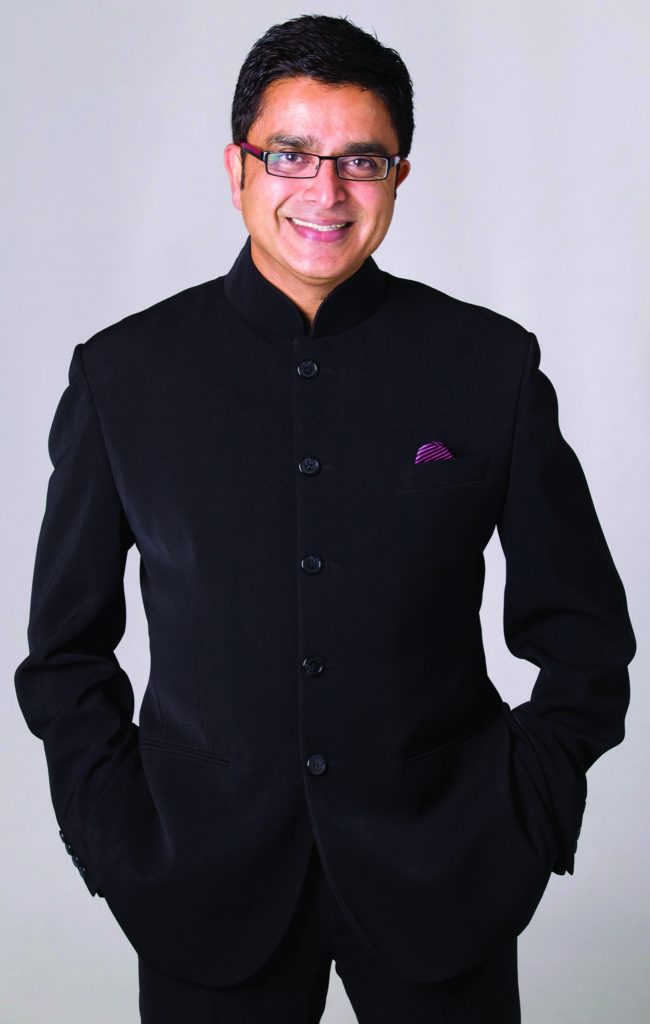Prakash P.K. Menon reveals the new business habits retailers must adopt
The human race is characterised by one distinctive factor and that is the ability to adapt. Weve been doing that for as long as weve been around – weve adapted to the changing environment in which we found ourselves. We adapt our behavior and we adapt the way we do things in order to be able to fit into the environment.
The changing retail landscape has led inevitably to an evolution in customer and consumer behaviour. Consumers now go: I dont have to do things the same way as Ive done them before, I can do them differently. So theyve evolved, theyve moved on. Sadly, many retailers havent picked up on that fact and theyre still trying to reach customers the same way as they used to, which is no longer effective. Moreover, retailers also do a very good job at training their customers to behave in ways that are counterproductive for the retailers themselves. A classic example of that in Australia is that retailers have trained their customers to wait for discounts. Customers have evolved, but retailers seem to be saying: Now, we just wait for them to evolve back again. That just is not going to happen.
Hence, the consumer evolution is the reality and retailers need to adjust the delivery of how they do things, because their customers have changed.
Another factor contributing to the customer evolution is the world becoming smaller – people can literally fly around and commute further than ever before. In a lot of ways there is no longer this tyranny of distance nowadays, you can have breakfast, lunch and dinner in three different cities, in three different countries, and that makes the customer savvier as to whats going on around in the world. Therefore, there is obviously a desire to try and bring in different knowledge from their different travel experiences.
This becomes a challenge, not only from a retailer perspective, but also from the desire of the consumers wanting to take the best of not just one region, but globally. Another thing is that it puts a lot of the power back in the hands of the consumer. Once upon a time, if you wanted to find out about a product, you would go to your local shop and you would talk to a knowledgeable sales assistant who would tell you all about it. Now, theres a fair chance that the consumers going into a shop will know more about the product than the person who is selling that to them.
In addition, media, television, movies all have an effect on the consumer behaviour in terms of what things they want to buy. The major area with a media impact on customer evolution is simply the area of expectation. Customers see it on television, they see it in movies and they go: I should have one of those. So, there is an expectation created that the product is available and that the customer is used to have it.
Particularly with the younger generation now being exposed so openly when it comes to media in the form of mobile devices and the various media channels broadcast, there can be noted a major leap in young consumer evolution. Theyre born with devices in their hands, so their expectation is that they will always have devices and that those devices will always be getting better. They have a total inability to cope with not being connected, so if they cant get online, if they cant check something out, then it is very disorienting for them.
In some cases, children are more savvy even than the parents, themselves. Kids are more traveled around the globe since a very young age and this also has an impact on the buying behavior. Even though some of them may not have physically travelled to other places in the world, they feel like they have, because theyve seen the TV programs, theyve watched the clips, theyve seen the photographs of other people whove been there, and so there is this spread of information about the wider world much more easily gained by their generation.

